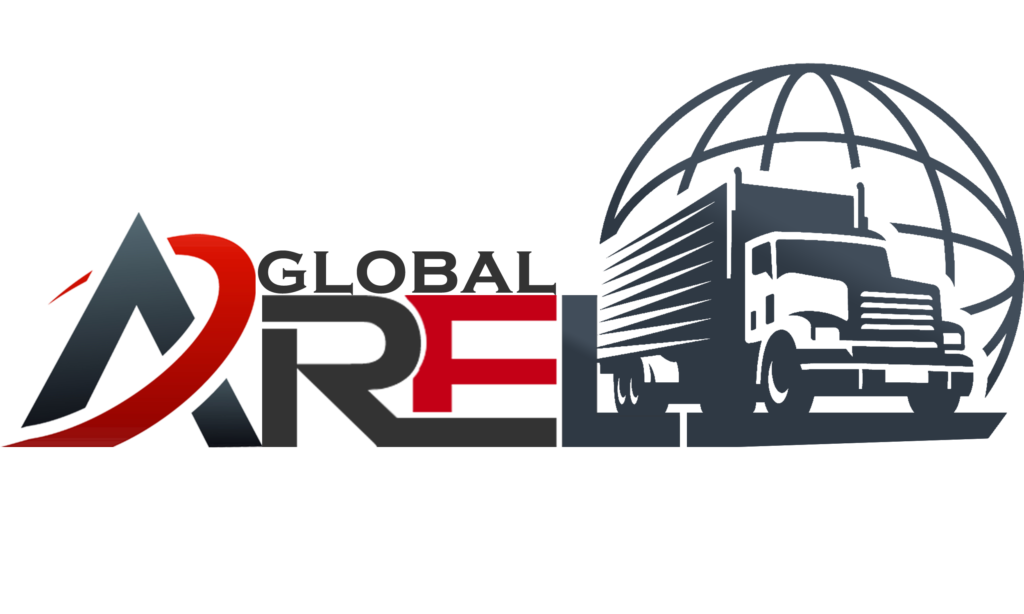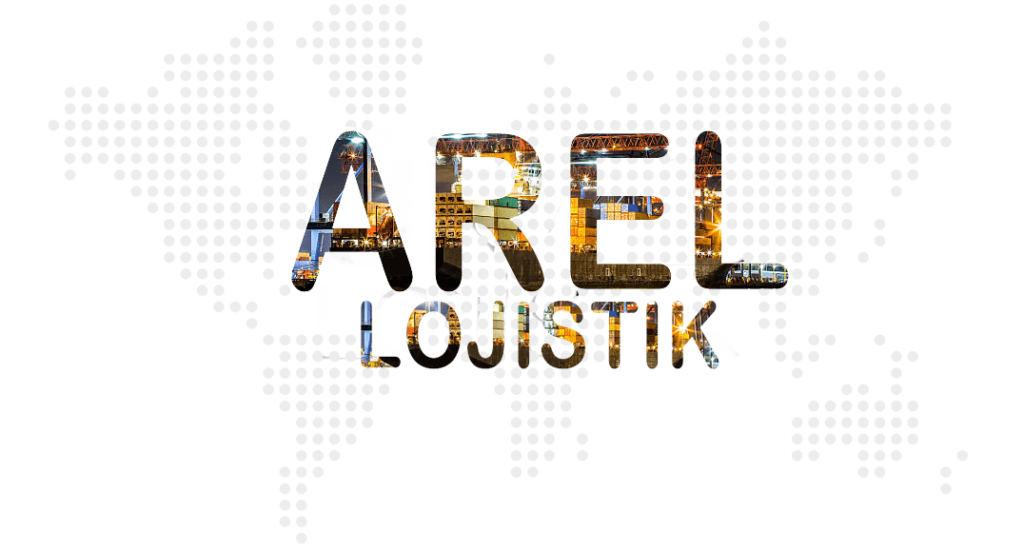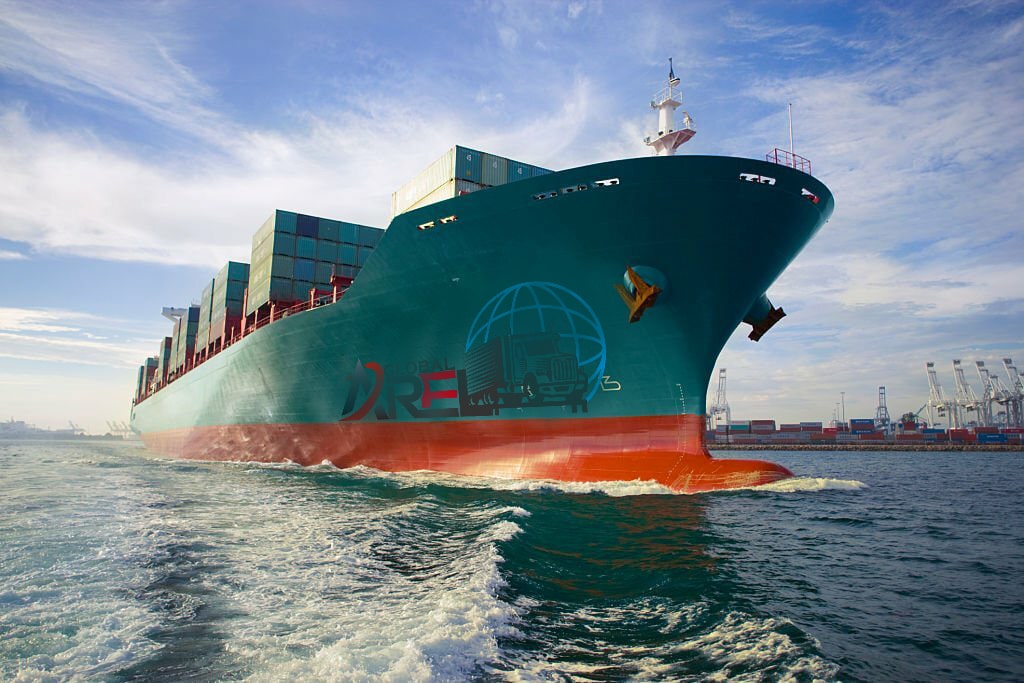Import of goods Examining the process of importing goods into the country
Import of goods is one of the most important factors of commercial and economic development of countries. By importing various goods, domestic needs can be met and access to needed products can be provided. In this article, we will examine the process of importing goods to the country and explain the most important steps and tips for you.
The importance of importing goods
Importing goods is very important for any country and has many effects on its economy and trade. Below I will mention some of the importance of importing goods:
Providing domestic needs: by importing goods, domestic needs of the country are provided in various fields such as industry, agriculture, consumers, etc. This will eliminate deficiencies and increase customer satisfaction.
Variety of products: Importing goods increases the variety of products available in the market. This gives consumers a wider choice and intensifies competition between domestic and foreign producers. Also, consumption of various imported goods can help improve people’s quality of life.
Business opportunities: Importing goods creates new business opportunities for businesses. This allows companies to sell foreign products to the domestic market and cooperate with foreign manufacturers in exporting.
Technology transfer: importing goods from advanced and capable countries is an opportunity to transfer technology and obtain advanced technologies to the country. This technology transfer can be effective in improving the technical and production level of the country.
Impact on employment: Importing goods can help create job opportunities in the supply chain, transportation, services, etc. This can be very important for the country’s economy and lead to a decrease in the unemployment rate.
Diversity of resources: import of goods causes diversity in resources related to production. Despite the possibility of access to foreign goods, the country can not focus on relying on its domestic resources and turn to foreign resources when necessary.
In general, the import of goods has a significant effect on the economic development of countries through increasing diversity, meeting domestic needs, creating business opportunities and transferring technology. With the correct and optimal implementation of the import process, this action will be considered as a factor of economic development and progress.
Procedures for importing goods to Iran
Importing goods to Iran consists of several stages. Below I will explain the main steps of importing goods to Iran:
Company Registration: First of all, you need to register a company. You can register your company as a public company, a private company, or a public limited company. This registration includes steps such as choosing a name, preparing articles of association and registering in the Companies Registry.
Get economic code: After company registration, you should receive your company’s economic code. This code is issued by the country’s real estate registration organization and allows you to conduct business transactions.
Get zip code: To do things related to importing goods, you need a zip code. You should go to the post and telegraph organization of the country and get your zip code.
Product and supplier selection: The next step is to select the appropriate product and supplier. You should check the market and identify the product you need. Then, choose a reliable supplier to buy goods and make the necessary agreements with her.
Carrying out negotiations and contracts: After choosing the supplier, you must negotiate with her and conclude the purchase contract. The contract must include the terms of delivery of goods, price, delivery time and payment terms.
Obtaining the necessary permits: To import goods to Iran, you must obtain the necessary permits from the competent authorities. These licenses may include customs license, quality inspection certificate, standard certificate and other related licenses. Each type of product may require a special license.
Payment of import fees: You must pay the import fees. These costs may include the price of goods, shipping costs, taxes, customs duties and other related costs.
Import and customs clearance: After paying the import fees, the goods are imported into the country. You must go through the customs procedures and provide the required documents and supplies to the customs. The customs will check and carry out the customs procedures, and after completing the procedures, the goods will be delivered to you.
Delivery of goods and transaction: After passing the customs procedures, the goods will be delivered to you. You must check the goods and confirm their authenticity to complete the transaction.
If you intend to import goods to Iran, it is recommended that you contact relevant authorities such as the Iran Trade Development Organization (Industries of the Ministry of Industry, Mining and Trade) and Iran Customs to learn about the exact steps and specific requirements of importing goods to Iran.
How to choose the right supplier for importing goods
Choosing the right supplier for importing goods is a vital thing that has a significant impact on the success and progress of the import process. Here are some tips for choosing the right supplier:
Market Research: Before choosing a supplier, do market research. Identifying competitors, analyzing market needs, and knowing target customers are among the things that should be investigated. This information will help you choose a supplier that offers the best products and services.
Evaluation of quality and standards: The importance of the quality of goods cannot be overlooked. Before choosing a supplier, you should check their standards, certificates and quality system. Make sure that the supplier has the ability to provide quality goods that meet the required standards.
Ability to supply the required volume: It is very important to check the supplier’s ability to supply the required volume. Make sure that the supplier is able to supply the goods you need in a stable and timely manner. Also, the supplier’s ability to face market changes and new needs should also be checked.
Also, the supplier’s ability to face market changes and new needs should also be checked. Checking the price and payment terms, shipping terms, product return policies and other contractual terms are among the things that should be considered.
Credit and history: The credit and history of the supplier is also very important. Reviewing previous experiences and reviews from previous customers can help you make the right choice. Also, it is necessary to check the financial conditions and commercial credit of the supplier.
Technical support and after-sales service: One of the most important factors in choosing a supplier is providing technical support and after-sales service. Make sure that the supplier is able to serve you professionally and help you in case of problems or technical support.
Considering these things, it is better to create a detailed and transparent supplier selection process and use sufficient research in this field to choose the right supplier for importing goods.
Financing and customs affairs in the import of goods
Financing and customs affairs are two important aspects in the process of importing goods. Below, I will mention some points related to financing and customs matters in importing goods:
Financing
Estimating Costs: Before starting the import process, you need to accurately calculate the costs involved in importing. This includes the price of the goods, shipping costs, insurance, customs duties and taxes, and service and financing charges.
Funds: You must provide the necessary financial resources to pay the import costs. This includes domestic sources, bank facilities, credit lines and import financing facilities.
Negotiating with banks and financial institutions: You may need to communicate with banks and financial institutions to obtain import financing. In this case, it is important to pay attention to the interest rate, payment terms and required guarantees.
Customs
Place an order: To start the import process, you need to place an order for the goods and provide relevant information to the customs authorities.
Making a customs declaration: You must prepare a customs declaration related to the imported goods and submit it to the customs authorities. This declaration includes information about the goods, value, customs tariff and other matters.
Payment of duties and taxes: Based on the information in the customs declaration, you must pay the duties and taxes related to the goods. This may include customs duties, taxes and value added (may be).
Inspection and testing of goods: Imported goods may be handed over to customs authorities for inspection and testing. This is to check the authenticity and quality of goods and compliance with technical standards.
Delivery: After paying duties and taxes and completing customs procedures, the goods will be delivered to you.
During the process of importing goods, working with an expert lawyer or customs specialist can also help you manage customs affairs properly and solve problems.
Goods import services through Arel Global International Transport Company
“Arel Global” international transportation company with history and experience in the field of international transportation, as one of the providers of goods import services, is ready to provide its customers with the benefit of its professional services in the process of importing goods. Using our global network and experienced work team, we ensure that your goods are imported quickly, safely and efficiently.
Advice on rules and regulations: As an international shipping company with a team of skilled experts, Arels Global guides you on the rules and regulations of importing goods. By getting to know the latest customs laws and related principles and regulations, we will help you in choosing the right methods and providing the necessary documents.
Customs clearance and relevant documents: Arel guides you through the customs clearance of goods through cooperation with skilled customs experts with the necessary licenses. We provide the required documents such as customs declaration, standard certificates and other relevant documents for you.
Transportation planning: Arel makes detailed transportation planning according to the needs and specifications of your goods. From choosing the best shipping method (air, land, sea) to setting up proper packaging and continuous tracking of goods, all steps are carefully checked.
Insurance matters: We prepare suitable insurance policies for you through cooperation with reputable insurance companies to reduce the risks related to the transportation of goods. This ensures that any damage during shipping is covered by insurance.












